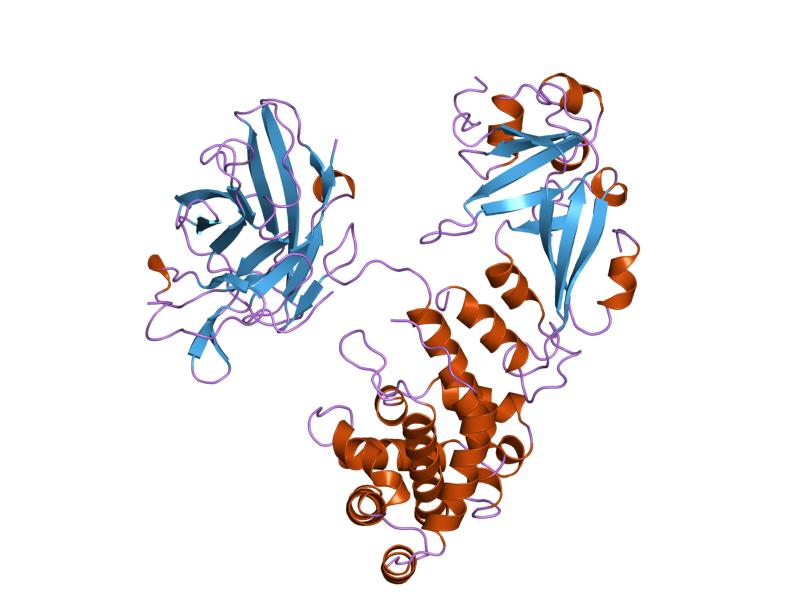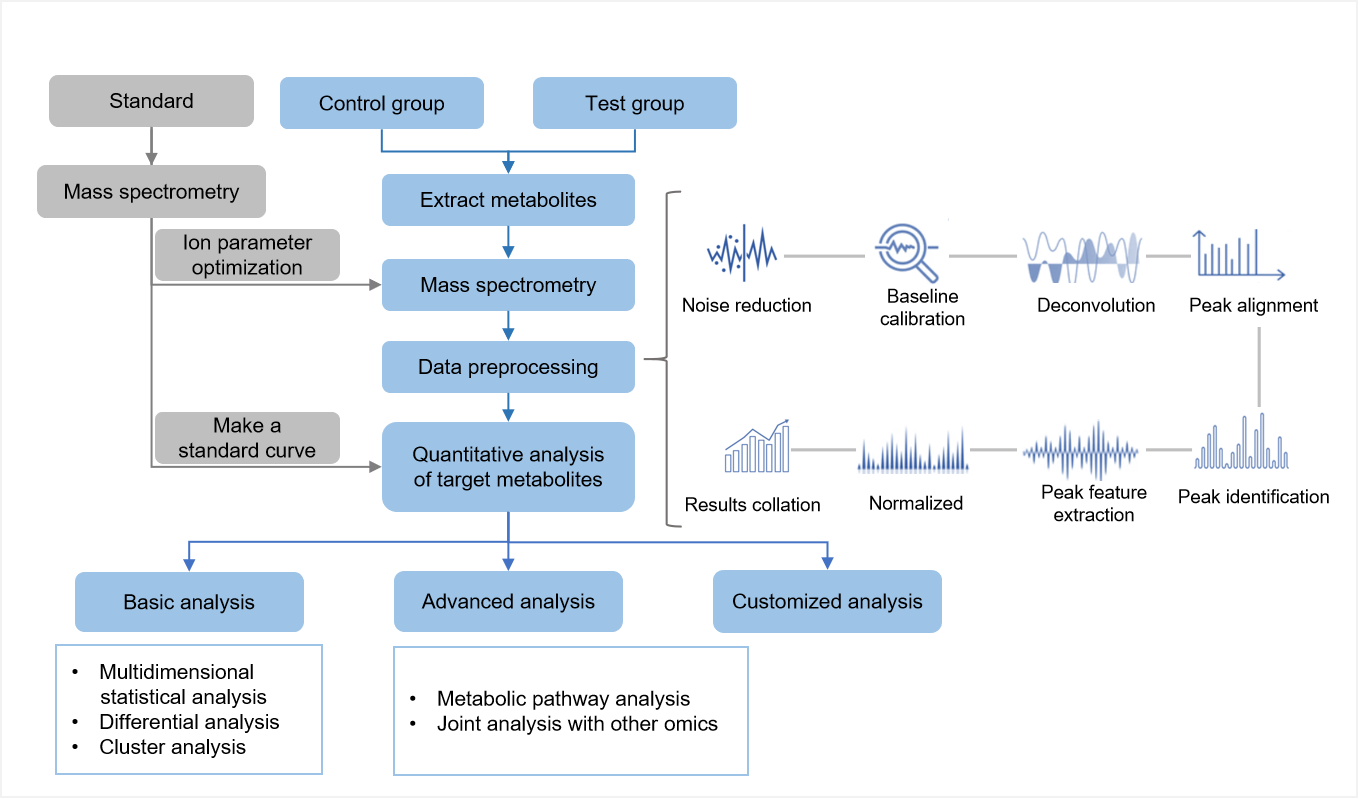v-innovate Technologies' targeted metabolomics services target specific metabolites and pathways of interest, which can accurately monitor dynamic metabolic processes, reveal related metabolic mechanisms and verify potential metabolic biomarkers, to guide your research with reliable and accurate measurement results.
Diphtheria toxin is a protein that has the characteristics of toxicity and specific immunity. Biological missiles (targeted drugs) are commonly used as factors to kill tumor cells.
Diphtheria toxin can cause biological nerve demyelination.
Diphtheria toxin has the effect of inhibiting protein synthesis. By inhibiting translocation reaction, it mainly inhibits protein synthesis in mammals.
 Diphtheria toxin precursor
Diphtheria toxin precursor

| Sample requirements |
|---|
| Sample type |
| Cell sample - please centrifuge after sampling, remove the medium, immediately put it in liquid nitrogen, and store it at -80℃. Tissue sample - please put it in liquid nitrogen immediately after separation and store it at -80℃. |
| Sample mixed |
| In order to ensure the accuracy of the samples and reduce systematic errors during sampling, it is necessary to select more than 3 materials with the same condition for each sample. ※ The same condition refers to the same period, basically the same phenotype, and the same part. |
| Sample weight and repeat |
| Samples that have been lyophilized are >0.5g. For samples with low water content, such as stems, flowers, seeds, dormant buds, etc., fresh samples >1g. For samples with middle water content, roots and leaves (especially young leaves), fresh samples >2g. For samples with water content >90%, if fruit (tomato, watermelon, citrus, etc.), fresh sample >5g. Blood ≥100 µl, Urine ≥100 μl, Tissue ≥50 mg, Fresh stool ≥50 mg, Freeze-dried stool ≥5 mg, Cell ≥1*107 It is recommended that prepare more than 6 biological replicates. |
| Storage and transportation |
| Quick-frozen preservation with liquid nitrogen can minimize the leakage time of plant samples at room temperature. Dry ice transportation (about 3~4kg dry ice is consumed every day, please use sufficient dry ice for transportation). There is no restriction on plant varieties. For varieties with special requirements or rare varieties, please contact our staff for more information. |
v-innovate Technologies offers several approaches to plant metabolomics studies, delivers precise and detailed data and analysis report. We can also customize the methods or establish new methods together with our collaborators, so they are fit-for-purpose and meet your specific needs. If you have any questions or specific requirements, please feel free to contact us.
References
